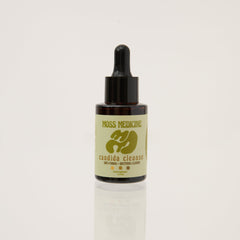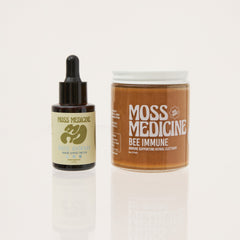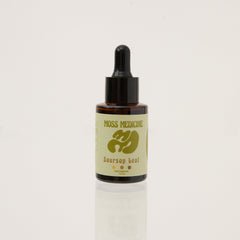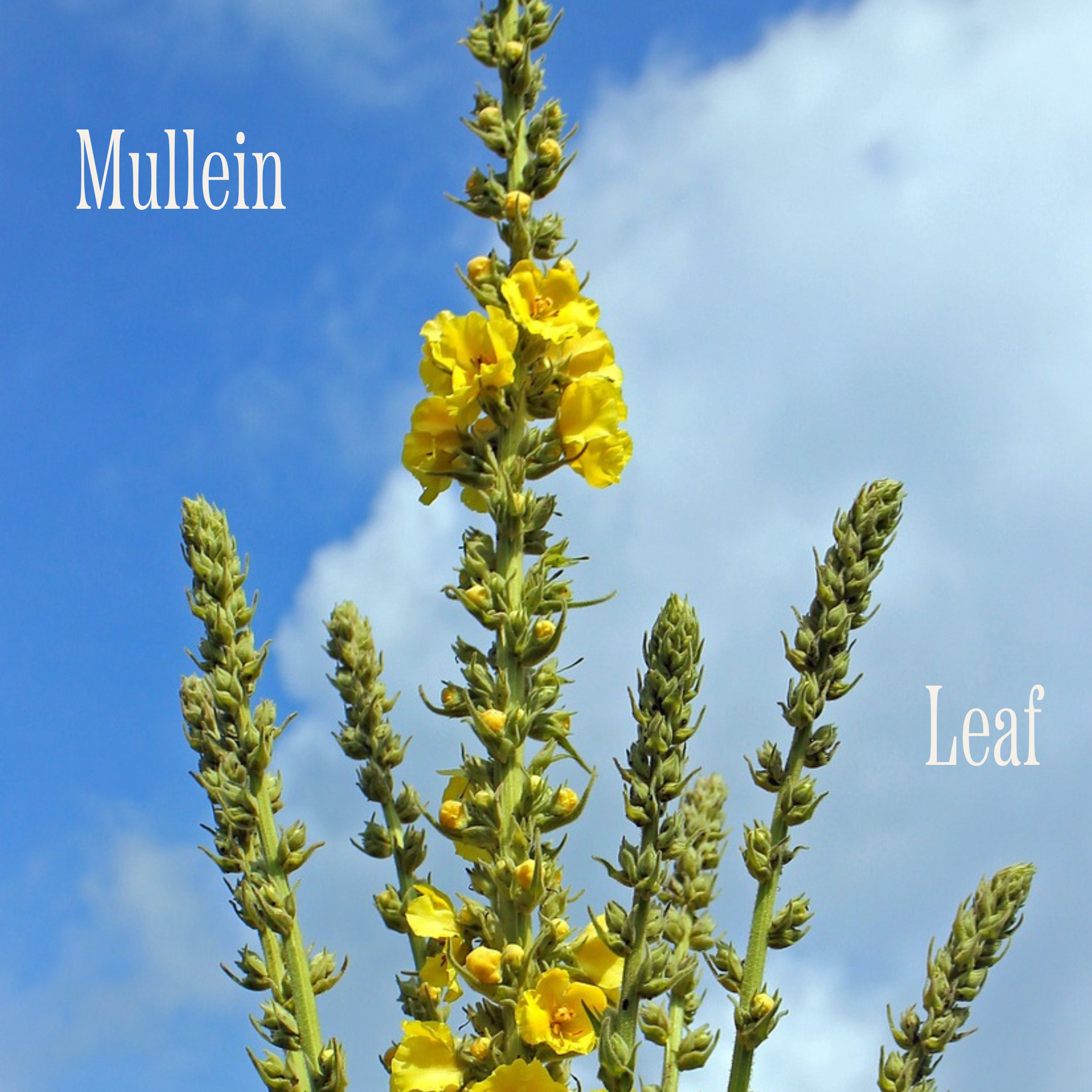 Known for its origins in Europe, Northern Africa, and Asia, Mullein (Verbascum thapsus) is a multi-purposed herb that thrives in various environments and can be used to remedy issues with skin health, the respiratory system, the pulmonary system, and even our digestive system. Mullein is also recognized for its antioxidant, anti-inflammatory, and antiviral properties, which may help protect cells and support overall health.
Known for its origins in Europe, Northern Africa, and Asia, Mullein (Verbascum thapsus) is a multi-purposed herb that thrives in various environments and can be used to remedy issues with skin health, the respiratory system, the pulmonary system, and even our digestive system. Mullein is also recognized for its antioxidant, anti-inflammatory, and antiviral properties, which may help protect cells and support overall health.
On Our Soil
Mullein’s US origin began around the 1700s. Its prickly plant seeds were used as stun agents to harvest fresh fish, and in Indigenous communities, its leaves functioned as tinder to start fires. Today, it’s easily found on excavated soil, trenches, construction sites, and even roadsides. This hardy biennial herb thrives in disturbed areas, making it a favorite for herbalists and foragers.
 Though it’s a biennial plant (meaning it lives a full life span of two years), you can find that it’s easy to spot and commonly located. Spiritually speaking, this common weed has a mystical history—it’s said that mullein helps call in fortitude, courage, and protection against negative energies. Some traditions even associate mullein with warding off harmful influences and promotinginner strength.
Though it’s a biennial plant (meaning it lives a full life span of two years), you can find that it’s easy to spot and commonly located. Spiritually speaking, this common weed has a mystical history—it’s said that mullein helps call in fortitude, courage, and protection against negative energies. Some traditions even associate mullein with warding off harmful influences and promotinginner strength.
The best thing about a multi-purpose herb is that it can be used in any way that works best for you. We recommend using mullein as a relaxant to smoke with featured in our Rituals Smokes, for an herbal tea, or steeping its leaves to add into a cough syrup. Its flowers and leaves are particularly valued for soothing chronic respiratory issues and supporting lung health.
For topical use, try creating your own mullein essential oil to help with common earaches or skin damage.




